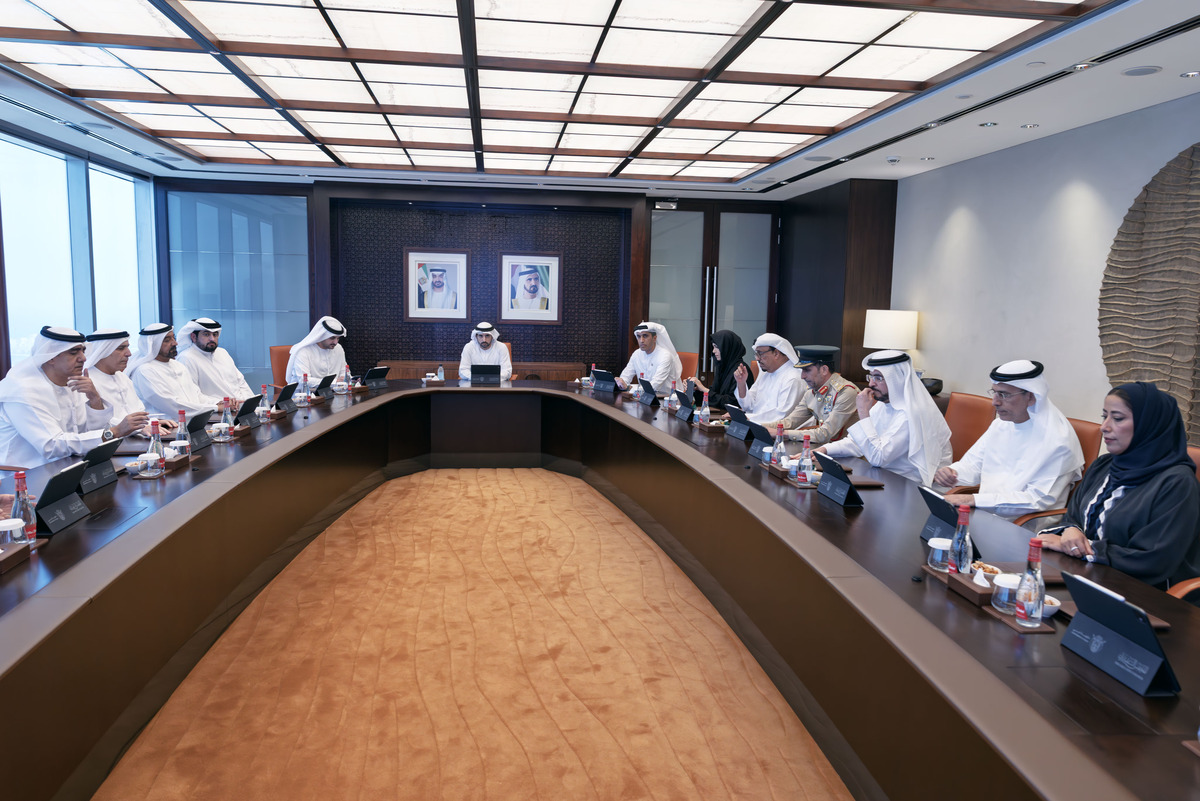Several new policy measures and initiatives were recently introduced in Dubai that seek to further enhance the quality of life for residents in alignment with the objectives of the Dubai Social Agenda 33 and the Dubai Economic Agenda D33.
Chairing a meeting of The Executive Council of Dubai, His Highness Sheikh Hamdan bin Mohammed bin Rashid Al Maktoum, Crown Prince of Dubai, Deputy Prime Minister, Minister of Defence, and Chairman of The Executive Council of Dubai, approved new policies pertaining to the healthcare system, Emirati students in private education, family welfare services and smart buildings.
“Dubai puts people at the heart of all its development plans. Our policies are designed to support individuals, families and the wider society, which represent fundamental pillars to a more sustainable and inclusive future. As we target the goals of the Dubai Plan, spurred by the Dubai Social Agenda 33 and the Dubai Economic Agenda D33, our focus remains on delivering tangible, people-centric outcomes,” Sheikh Hamdan said.
3 new hospitals, 33 healthcare centers by 2033
Sheikh Hamdan emphasized that the new policies are part of Dubai’s holistic approach to promoting public wellbeing and quality of life, covering diverse aspects such as healthcare, education, social welfare and smart infrastructure.
“We have approved a healthcare plan that will ensure Dubai ranks among the top 10 cities globally for healthy life expectancy. We are also enabling young Emiratis to thrive through education initiatives, strengthening family welfare systems through an integrated care model, and enhancing urban sustainability through a Smart Buildings Policy,” he added.
The plan to enhance Dubai’s healthcare system, led by the Dubai Health Authority, aims to expand access to quality healthcare across the city in alignment with global best practices. It includes plans for three new hospitals and 33 primary healthcare centers, in addition to several specialized centers of excellence, by 2033.
Priority will be accorded to newly developed residential areas, including Al Yalayis, Al Awir, Hind City, Nad Al Sheba, Al Lisaili and Lehbab. The new healthcare facilities will be established through public-private partnerships and backed by incentive packages to attract local and international investment.
The strategy also includes a comprehensive review of healthcare supply and demand, improvements to insurance coverage for mental health and rehabilitative services, as well as initiatives to attract medical talent and expand scholarships for Emirati doctors.

Emirati student empowerment
The Executive Council of Dubai also approved the Policy on Empowering Emirati Students in Private Education, spearheaded by the Knowledge and Human Development Authority (KHDA). This policy seeks to ensure that 100 percent of Emirati students are attending schools rated ‘Good’ or above, with parental satisfaction exceeding 90 percent.
Key components of the policy include school improvement programs, flexible education models tailored to the needs of Emirati students, and the expansion of the Dubai Distinguished Students Program (DDSP).
The policy also includes measures to increase the number of Emirati teachers, improve curriculum standards and foster better engagement with parents. The initiative supports the goals of the Dubai Education Strategy 2033 and reinforces the role of education in preparing future generations to take up leadership responsibilities.
Unified Center for Family Care approved
The Executive Council of Dubai also approved the Unified Center for Family Care, managed by the Community Development Authority in Dubai. The center will offer integrated services for family counselling, child protection, custody management and social guidance through a single platform.
The initiative also seeks to emphasise the family as the cornerstone of a cohesive society, supporting national values and fostering wellbeing and inclusion. Services will be delivered through two branches in Deira and Bur Dubai, well backed up by digital tools.
Council approves Dubai Smart Buildings Policy
The council also approved the Dubai Smart Buildings Policy, led by Dubai Municipality. This new policy outlines standards for smart buildings that use renewable energy, intelligent water networks, smart parking, automated climate control and real-time monitoring systems.
It aims to reduce power consumption in buildings by 25 percent, water use by 15 percent and operational costs by 20 percent, while enhancing resident satisfaction and quality of life.
The policy supports the Dubai Integrated Energy Strategy 2030, the UAE Net Zero by 2050 Strategic Initiative, and contributes to the objectives of the Dubai Economic Agenda D33 by fostering innovation and attracting investment into Dubai’s real estate sector.
The council noted that adoption of the policy currently remains purely voluntary in new buildings, but it will be backed up by initiatives to encourage adoption by investors and developers in due course.








